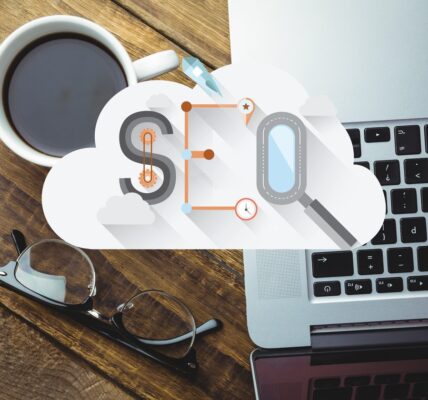How to Optimize your Website Speed for SEO
How to optimize your website for quicker loading times
The velocity of your website has never been so important in today’s digital age. Users expect fast, responsive sites and Google places a premium on speed in its rankings algorithm. A slow site can increase bounce rates, reduce engagement and lose you revenue. This blog post will highlight several ways to make sure that your website loads faster, therefore offering a better user experience and also enhancing search engine visibility.
Understanding the Basics of Web Performance
Before getting into specific optimization techniques, it is crucial to understand what affects website speed. Several factors can decelerate a site including; server response time; large files sizes; inefficient code.
Evaluate Your Hosting Solution
Your Speed hosting service forms the foundation of how fast or slow your site is. Not all hosts are equal and choosing the wrong one can have a serious impact on your performance.
Optimize Images and Media Files
The major culprits when it comes to slowing down websites are usually big images and media files. Without compromising quality, optimizing these files may tremendously cut down load times.
Implement Effective Caching Strategies
Caching is where copies of files are stored such that they can be quickly served to users. Good caching will go a long way in improving performance on a site.
Leverage Browser Caching
When people visit your site, browser caching keeps website resources on their local computers. This way, when someone returns using the same browser they don’t have to reload the whole page again.
Use a Content Delivery Network (CDN)
A content delivery network (CDN) delivers cached contents from websites to users based on their geographical locations through servers connected through networks globally.. A CDN can dramatically decrease load times for individuals who are far away from your server.
Minimize HTTP Requests
Each element within your webpage i.e., pictures, JavaScripts or CSS will require an HTTP request to be loaded. The more the requests, the longer it will take to load.
Reduce Redirects
Whenever a page redirects to another one, your visitors must wait longer for the contents to be loaded. This reduces speed.
Streamline CSS and JavaScript
This can reduce both the number of requests and size of downloads needed to load your page(s).
Optimize Server Response Time
Your server’s response time can affect how well your site runs. Improving this can have a tremendous effect on how quickly your site operates.
Choose the Right Web Hosting
By ensuring that data hosted by your website is stored on high-performance hardware, a good web hosting provider can significantly improve your server response times.
Improve Database Performance
Optimizing databases reduces the amount of time it takes for you website to fetch information, thus speeding up server response time.
Within the digital sphere, website development service proves to be essential. Such services make certain that not only is your site good looking but also technically optimized for speed and efficiency.
Conclusion
For a positive user experience and better search engine rankings, it is important that your website is optimized for faster load times. By understanding the rudiments of web performance, putting in place effective caching policies, reducing HTTP requests and optimizing server response time, you can maintain a fast working site. Moreover, getting professional SEO services will aid in aligning your optimization strategies with the best practices of search engine optimization to enhance your website’s performance further. In the realm of web, speed is no longer an advantage but a must have.




